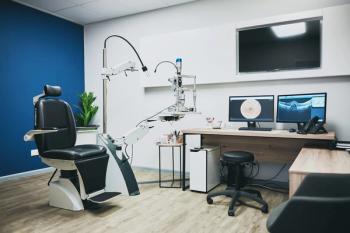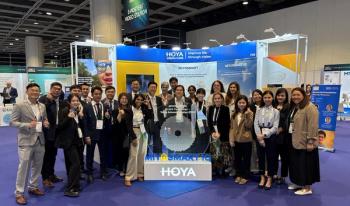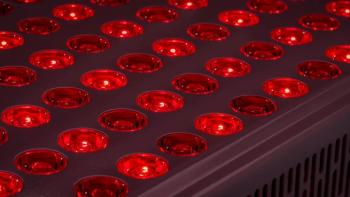
Xcovery set to begin Phase I/II AMD trial with oral drug candidate
Xcovery Holdings starts Phase I/II trials of oral angiogenesis inhibitor, X-82, for neovascular wet age-related macular degeneration (AMD).
Xcovery Holdings will begin Phase I/II clinical trials of its oral angiogenesis inhibitor, X-82, for the treatment of neovascular wet age-related macular degeneration (AMD).
The initial Phase I/II trial will assess the preliminary safety and tolerability of X-82, a tyrosine kinase inhibitor (TKI) in an oral formulation that acts by blocking pathologic blood vessel growth. The trial will enroll a maximum of 20 patients and will be conducted at three ophthalmology centers in the U.S.
"The potential for an oral treatment for wet AMD is considered the ultimate therapeutic option for these patients," said Sheridan "Sherry" G. Snyder, Xcovery Holdings Chairman and CEO. "We are committed to providing better therapies to patients with advanced eye disease and this trial represents an important advancement in Xcovery Vision's clinical development program."
X-82 inhibits both vascular endothelial growth factor (VEGF) and platelet-derived growth factor (PDGF), two important targets implicated in wet AMD. The compound has been designed to have a favorable toxicity profile and better tolerability as an oral medication than previous injectable drugs in this class.
"There is growing evidence that combined inhibition of VEGF and PDGF may have advantages over existing anti-VEGF therapies," said Jeffrey S. Heier, MD, head of Xcovery Vision's advisory board and co-director, Tufts/OCB Vitreoretinal Fellowship at Massachusetts General Hospital. "And the prospect of an oral therapy for wet AMD is appealing to patients who may prefer taking a pill instead of an eye injection."
Kenneth J. Mandell, MD, PhD, president and COO of Xcovery Vision added, "Unlike current anti-VEGF injections that only treat the affected eye, our oral pill has the potential to prevent development of wet AMD in the opposite eye before disease progression."
Related Articles
Newsletter
Want more insights like this? Subscribe to Optometry Times and get clinical pearls and practice tips delivered straight to your inbox.





























